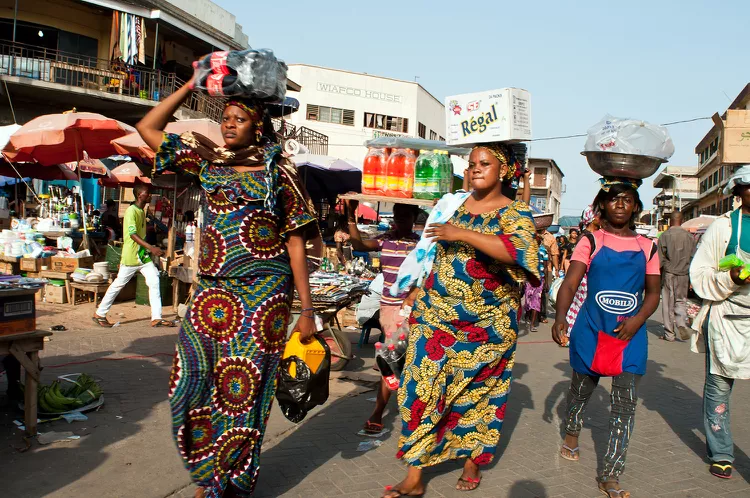Summary
If your first trip to Africa is also your first time visiting a developing country, you may experience cultural shock. However, don’t be deterred by what you may hear in the news, as many myths about Africa exist. It’s essential to understand what to expect during your adventure in Africa.
Cultural Shock
Give yourself time to acclimate to a different environment. Consequently, refrain from comparing everything to “home” and maintain an open mind. If you approach interactions with fear or suspicion toward local people’s motives, it could needlessly diminish your vacation experience.
Begging
The poverty present in much of Africa often strikes first-time visitors the hardest. You may encounter beggars, and determining how to respond can be challenging. While you likely cannot give to every beggar, ignoring all may result in feelings of guilt. Keeping small change handy to help those you believe truly need it is advisable. However, if you lack small change, a kind smile and an apology are perfectly acceptable alternatives. If guilt becomes overwhelming, consider making a donation to a local hospital or a reputable development agency that will use your contribution effectively.
It’s important to note that children begging alone might have to surrender the money they receive to a parent, guardian, or gang leader. Therefore, if you choose to assist begging children, offering food instead of money may provide them more immediate benefit.
Unwanted Attention
Be prepared for people to gaze at you when visiting many African countries, even in tourist-heavy areas. Typically, these stares stem from harmless curiosity. Given the limited entertainment options, observing tourists is a source of amusement for locals. Some individuals may feel more comfortable wearing sunglasses to cope with this attention. Conversely, others may relish the feeling of being in the spotlight and miss it upon returning home.
For women, being scrutinized by groups of men can naturally feel somewhat threatening. Nevertheless, it’s crucial to consider that this attention is part of traveling to certain African destinations.
Scams and Conmen (Touts)
As a visitor, you might also find yourself a target for scams and touts—individuals attempting to sell you goods or services under deceptive pretenses. It’s important to remember that touts are often disadvantaged people trying to earn a living, preferably as official guides but lacking the resources for that training. A firm “no thanks” is typically the most effective approach in dealing with persistent touts.
Common Scams and How to Deal with Them
- Assume nothing is free: While hospitality thrives in Africa, be cautious of offers that appear “free” in touristy areas. A “free” camel ride may quickly escalate into an expensive return trip. Similarly, a complimentary guided tour might end at a relative’s shop, demanding payment.
- Hotels don’t suddenly disappear: This applies particularly to independent travelers. Upon arriving at an African airport, bus station, train station, or ferry port, expect a multitude of inquiries about your intended destination. Many of these individuals earn commissions by directing you to specific hotels, which may not align with your preferences. It’s wise to book accommodations ahead of time, especially in the evening or in major tourist towns. Researching online can help you find contact details for hotels before your arrival.
- Exchanging money on the street: When arriving in an African country, you may encounter individuals offering to exchange money at favorable rates. It’s crucial to resist this temptation, as such exchanges are illegal and expose you to unnecessary risks.




